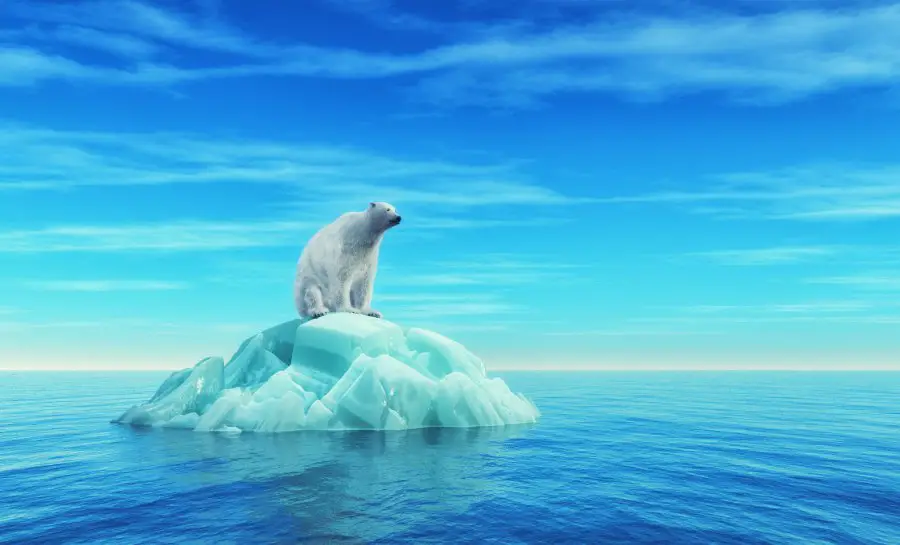New Study Supports Past Predictions That The Arctic Could Lose All Sea Ice By 2035
Tags: News

Scientists using advanced climate modelling techniques have shared some worrying news: there’s a strong chance that the Arctic sea could be ice free within only 15 years.
The findings were made by an international team of researchers and were based upon the UK Met Office’s Hadley Centre climate model, which is able to simulate an accurate representation of the Earth’s climate.
The climate model enabled the researchers to compare today’s Arctic sea ice conditions to the last interglacial period – 127,000 years ago.
During this previous interglacial period, the relatively high temperatures had long puzzled scientists.
But now, by using the Hadley Centre climate model, they were able to closely study what sea ice and melt ponds would have looked like 127,000 years ago.
Arctic melt pools hold the key
Their conclusion was that intense spring sunshine resulted in the formation of melt ponds. And by using past results to simulate future conditions, the results were scary – they believe the Arctic will be ice free by 2035.
Melt ponds are especially relevant in terms of how much of the sun’s rays are absorbed in the ice and how much is reflected back in to the atmosphere.
“The prospect of loss of sea-ice by 2035 should really be focusing all our minds on achieving a low-carbon world as soon as humanly feasible,” said Dr Maria Vittoria Guarino, Earth System Modeller at British Antarctic Survey.
A complete loss of Arctic sea ice will have catastrophic effects for the environment and for animals and sea life. It will also contribute to rising seas and land loss in coastal cities and towns.
Polar bears are just one of the species which will be severely threatened with extinction. Polar bears use floating ice islands to hunt for food, without which they will have to swim much longer distances and will therefore face exhaustion and starvation.
Read more: A Dire Warning: Polar Bears Could Be Wiped Out by 2100, Unless More is Done to Fight Climate Change
Leave Comment: